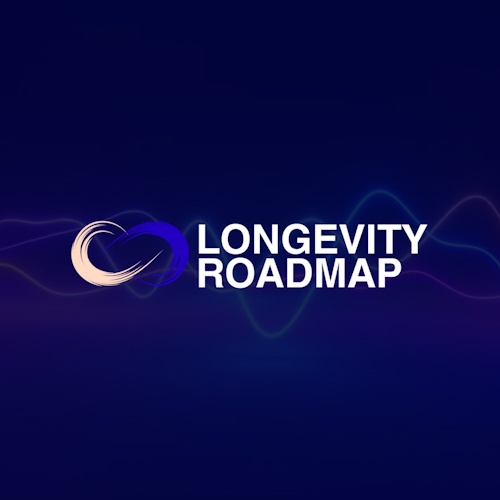The Aging Brain - From Memory Lapses to Measurable Prevention
Longevity Roadmap Podcast- Mitchell Clionsky outlines normal vs. concerning memory changes with age
In this episode of Longevity Roadmap, Dr. Mitchell Clionsky, a board-certified neuropsychologist, discusses how to distinguish normal ageing from early cognitive decline and the steps we can take to protect brain health. He shares insights from decades of clinical experience and introduces practical tools for early detection and prevention of dementia.
Key Points:
Dr. Clionsky emphasizes that brain health is not just about ageing—it's about action. With early screening and lifestyle changes, many cases of dementia can be prevented or delayed.
- Normal vs. concerning memory changes: Occasional forgetfulness is common with age. The key concern is when memory problems begin to interfere with daily functioning, which may indicate mild cognitive impairment or dementia.
- Early detection with quick screening: Dr. Clionsky developed the five-minute Memory Orientation Screening Test (MOST) to help catch early signs of cognitive decline more accurately than older tools.
- Cognitive decline is often preventable: Research shows that up to 49–62% of dementia cases may be preventable by addressing factors like heart health, diabetes, sleep apnea, depression, and lifestyle habits.
- Technology for at-home screening: A digital version of the MOST will soon allow individuals to self-assess cognitive health from home using an AI-guided assistant.
- Prevention starts early: The best time to act is before dementia begins. Regular exercise, good sleep, managing chronic conditions, and staying mentally active are key pillars of prevention.
Visit website: https://www.youtube.com/watch?v=OKs8GGZH6aU
See alsoLongevity Roadmap Podcast
Podcast on science-backed strategies to slow aging and boost health with Buck Joffrey
Details last updated 29-May-2025



